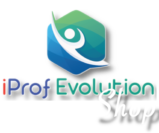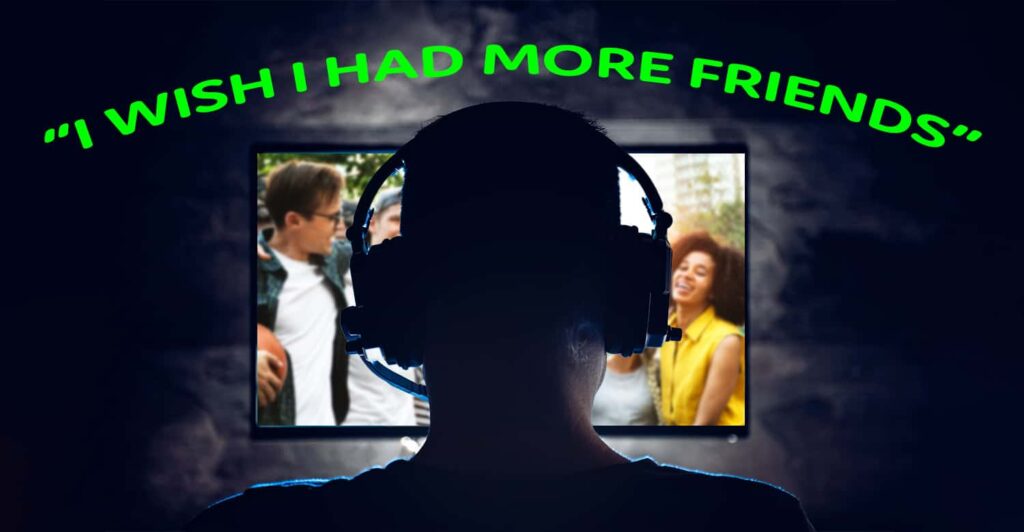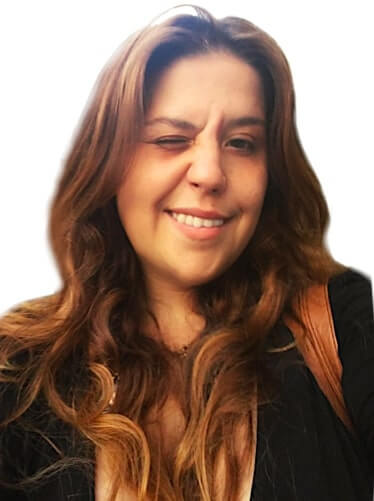ADHD epidemic: Is everyone nowadays ADHD or have a deep reason?
In today’s fast-paced world, it seems like attention deficit hyperactivity disorder (ADHD) has become a catch-all term to describe any child who exhibits difficulty focusing or staying still. However, what if I told you that many cases of supposed ADHD are misdiagnosed? What if I told you that some of these symptoms could be better understood as a coping mechanism rather than a neurodevelopment disorder? Before we delve into this controversial topic, it’s essential to acknowledge that ADHD is a genuine condition that affects numerous individuals. However, it is equally important to recognize that misdiagnosis is a real concern, especially when some symptoms of ADHD could be confused with a trauma response. Understanding the differences between the two can shed light on potential misdiagnoses and lead to better treatment approaches. The 3F’s When we encounter stressful situations, our brain activates one of the three possible responses: fly, fight, or freeze. These responses are innate survival mechanisms that help us navigate threats. Children with a history of trauma or adverse experiences may exhibit symptoms that resemble those associated with ADHD. For instance, the “fly” response manifests as hyperactivity and impulsivity, while the “fight” response can lead to aggression and oppositional behavior. The “freeze” response may cause inattentiveness, zoning out, and daydreaming. It’s crucial to recognize that trauma can deeply impact a child’s behavior and attention span. Instead of hastily labeling them as having ADHD, we must consider the possibility that they are responding to their life experiences. By addressing the underlying trauma and providing appropriate support, we can help these children thrive. However, misdiagnosing ADHD is not solely the fault of medical professionals. Modern parenting practices and the increasing demands of our society play a significant role. Parents often find themselves with less time to spend with their children due to work commitments and the pressure to provide. In an attempt to protect their kids from the world’s problems, parents may inadvertently create a gap in emotional connection. This is where online gaming often steps in. In a world filled with virtual adventures and online communities, children find solace and escape from their daily struggles. While online gaming can be entertaining and offer temporary relief, it also has the potential to isolate children and hinder the development of crucial social skills. The constant engagement with screens replaces meaningful face-to-face interactions, making it harder for kids to navigate real-life relationships. So, what can we do as parents to differentiate between ADHD and a trauma response? How can we foster healthy coping mechanisms and ensure our children develop the necessary social skills for a well-rounded life? List of practical tips The reality is the rising number of ADHD diagnoses raises concerns about potential misdiagnoses. Understanding that some symptoms could be mistaken for trauma responses allows us to approach the issue with more nuance and empathy. By actively engaging in our children’s lives, promoting healthy coping mechanisms, and striking a balance between online and offline experiences, we can provide the support they need to thrive. Let’s remember that every child has their own story, and their behaviors should be viewed through a realistic lens. Together, we can create an environment that nurtures their emotional well-being and equips them with the tools to overcome life’s challenges, whether they are grappling with ADHD or responding to trauma. Check our free section
ADHD epidemic: Is everyone nowadays ADHD or have a deep reason? Read More »


